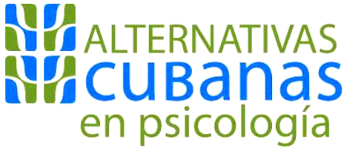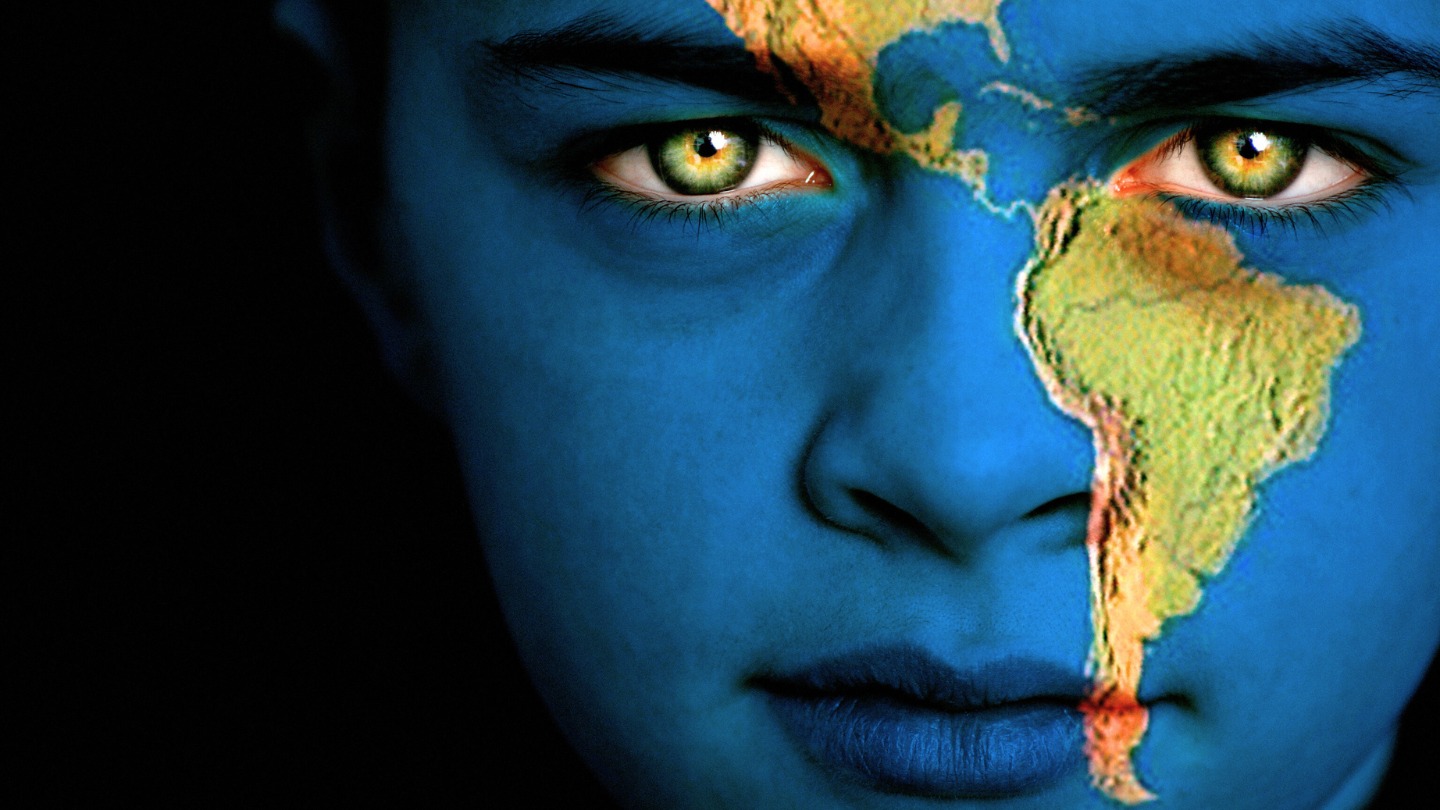El 8 de octubre pasado se conmemoró el Día de la Psicología Latinoamericana, una iniciativa nacida en la Unión de Entidades Latinoamericanas de Psicología. A pesar del esfuerzo hecho por los equipos directivos de varias asociaciones de vocación latinoamericanista, aún queda mucho por hacer en una fecha cargada de significación para nuestra región y para quienes desde y con la Psicología, luchamos por el mejoramiento humano, la justicia, la no exclusión, el reconocimiento de lo propio latinoamericano.
Desde Alternativas Cubanas en Psicología, hacemos un llamado a asumir con más fuerza la vocación latinoamericanista de nuestra Psicología, bajo la égida del icónico ejemplo del Che.
Como se señala en el texto de apertura de este número de la revista:
Estamos en la búsqueda de un descentramiento del pensamiento psicológico que anule la dicotomía esencialista entre lo real y lo imaginario y desplace las fronteras de cada uno al interior de un universo único: el espacio de la realidad, de nuestra realidad. El siglo XXI, un siglo de cambio, es el tiempo para trazar, para caminar –en los ámbitos psicológicos, particularmente– por otra historia. La historia del encuentro del sentido humano, del reencuentro consigo y con el otro. Que sea América Latina, seamos los psicólogos latinoamericanos, quienes hagamos “nuestra psicología” haciendo “nuestra América”.
Muchas gracias.
Last October 8, Latin American Psychology Day was commemorated, an initiative born in the Union of Latin American Psychology Entities. Despite the effort made by the management teams of several associations with a Latin American vocation, there is still much to do on a date full of significance for our region and for those of us from and with Psychology, who fight for human improvement, justice, exclusion, the recognition of what is Latin American itself.
From Cuban Alternatives in Psychology, we call to assume more strongly the Latin American vocation of our Psychology, under the aegis of the iconic example of Che.
As noted in the opening text of this issue of the magazine:
We are in search of a decentering of psychological thought that annuls the essentialist dichotomy between the real and the imaginary and moves the borders of each one within a unique universe: the space of reality, of our reality. The 21st century, a century of change, is the time to trace, to walk – in psychological areas, particularly – through another history. The story of the encounter of human meaning, of the reunion with oneself and with the other. Let it be Latin America, let us be Latin American psychologists, who make “our psychology” by making “our America.”
Thank you so much.
Manuel Calviño
Director


